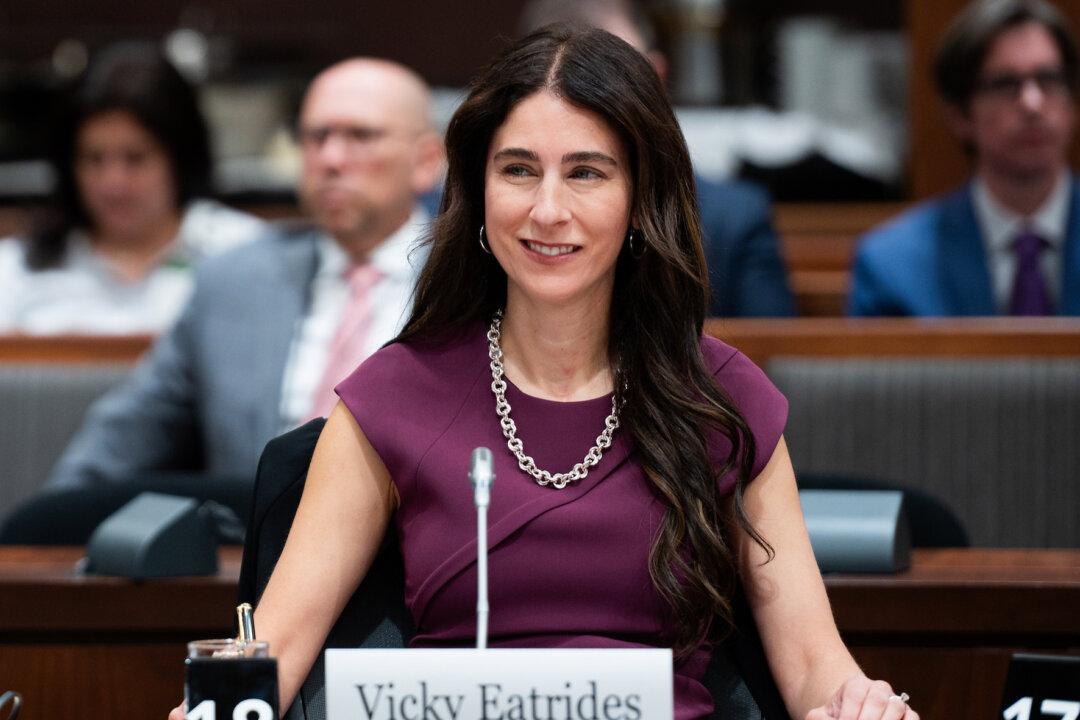Canada’s broadcasting regulator says it will not be casting its net over podcast services, but podcasts still must register in case their information becomes “needed.”
Officials from the Canadian Radio-television and Telecommunications Commission (CRTC) who testified at the House of Commons heritage committee on Nov. 23 were asked to clarify the need for podcast services making more than $10 million in revenue to register if they’re not to be regulated.





